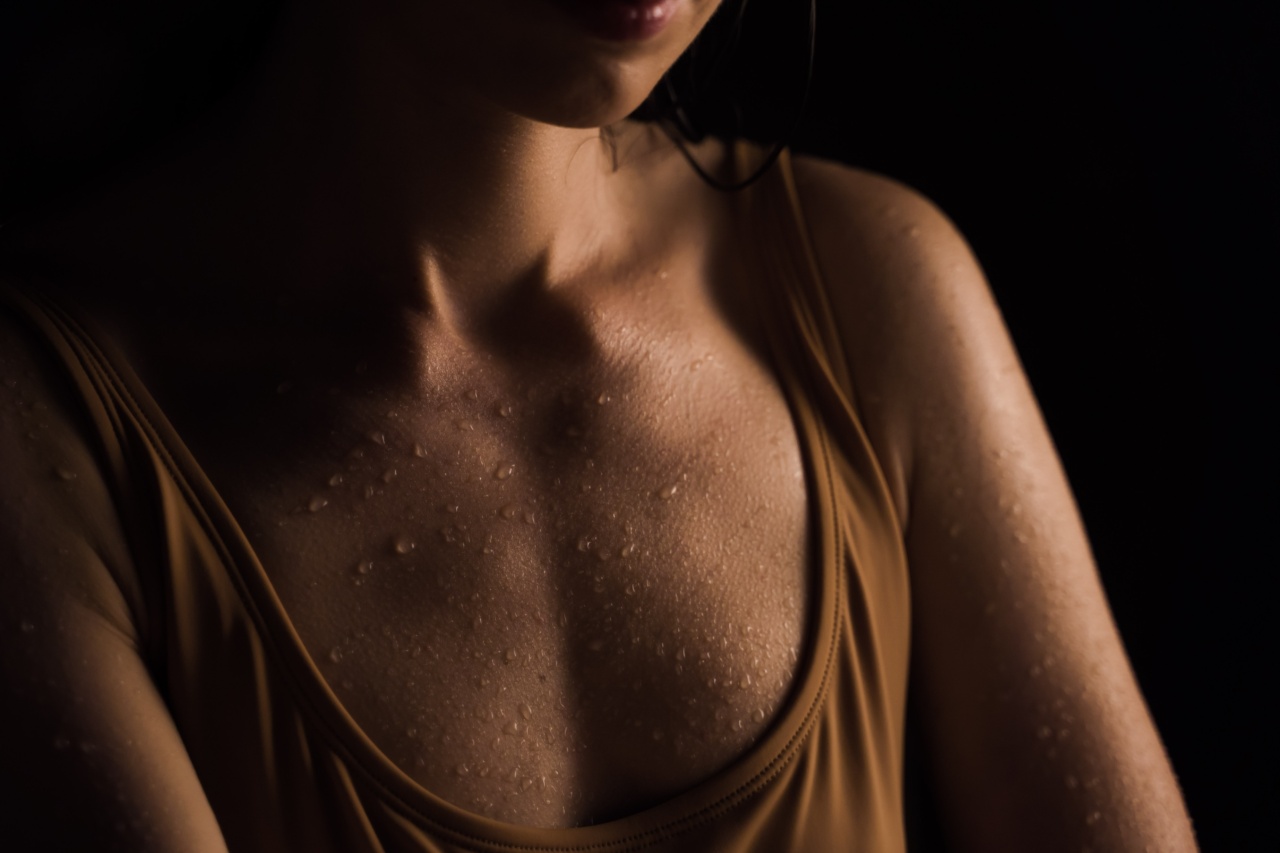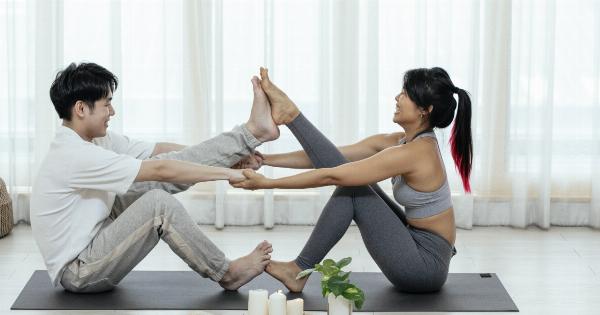Sweating is a natural bodily function that occurs when our body temperature rises as a result of physical activity, high temperatures, stress, or certain medical conditions.
While most people associate sweating with discomfort and inconvenience, it turns out that sweating is actually beneficial for our skin in many ways. In this article, we will explore why sweating is good for your skin and how it can improve your overall skin health.
1. Detoxifies the Skin
One of the key benefits of sweating is that it helps to detoxify the skin. When we sweat, our pores open up, allowing toxins, dirt, and impurities to be flushed out.
This cleansing process helps to unclog pores, prevent acne breakouts, and promote clearer skin. Sweating also helps to eliminate bacteria and viruses from the skin’s surface, contributing to a healthier complexion.
2. Enhances Circulation
Another way sweating benefits the skin is by enhancing circulation. The increase in blood flow that occurs during sweating helps to nourish the skin cells and carry away waste products, promoting a healthy and radiant complexion.
Improved circulation also aids in the delivery of oxygen and nutrients to the skin, which is essential for maintaining its vitality and youthful appearance.
3. Promotes Natural Moisture
Sweating helps to regulate the moisture levels of the skin by promoting its natural hydration. The sweat glands produce sweat, which contains water and electrolytes, helping to keep the skin adequately moisturized.
This natural moisturizing effect can be particularly beneficial for individuals with dry or dehydrated skin, as sweating helps to restore and maintain the skin’s moisture balance.
4. Offers Exfoliation
When we sweat, the moisture on our skin’s surface softens the uppermost layer of dead skin cells, making it easier to exfoliate them.
Sweating can be seen as a natural exfoliation process that removes the build-up of dead skin cells, unclogs pores, and allows new skin cells to emerge. Regular sweating can help to improve skin texture and promote a smoother complexion.
5. Boosts Collagen Production
Collagen is a protein that is essential for maintaining the skin’s elasticity and firmness. Sweating has been found to stimulate the production of collagen in the skin.
Increased collagen levels can help to reduce the appearance of fine lines, wrinkles, and sagging skin, ultimately giving the skin a more youthful and supple appearance.
6. Reduces Stress and Promotes Relaxation
Sweating also has psychological benefits that indirectly contribute to improved skin health. Engaging in physical activities that make us sweat triggers the release of endorphins, known as the “feel-good” hormones.
These endorphins help to reduce stress, anxiety, and promote relaxation. Lower stress levels can positively impact the skin by reducing the occurrence of stress-induced acne breakouts and calming inflammatory skin conditions, such as eczema or psoriasis.
7. Increases Oxygenation and Nutrient Delivery
When we sweat, the dilation of blood vessels near the skin’s surface increases oxygenation and nutrient delivery to the skin cells. Improved oxygenation helps to revitalize the skin and promote a healthy glow.
The increased supply of nutrients, such as vitamins and minerals, also supports the skin’s overall health and helps to protect it from external damage.
8. Enhances Antibacterial Properties
Sweat contains a compound called dermcidin, which has antimicrobial properties. Dermcidin helps to inhibit the growth of bacteria on the skin, making sweating an effective natural defense mechanism against bacterial infections.
By keeping bacteria at bay, sweating can contribute to clearer and healthier skin.
9. Natural Temperature Regulation
Sweating is an essential part of the body’s natural temperature regulation system. When we sweat, the evaporation of sweat from the skin’s surface helps to cool down the body.
By preventing overheating, regular sweating helps to maintain the skin’s overall health and prevent heat-related skin conditions, such as heat rash or heat exhaustion.
10. Boosts Skin Radiance
Overall, the combination of improved circulation, detoxification, exfoliation, and enhanced hydration that sweating provides can result in a boost in skin radiance.
Regular sweating can give the skin a healthy glow and improve its texture, making it appear more vibrant and youthful.





























